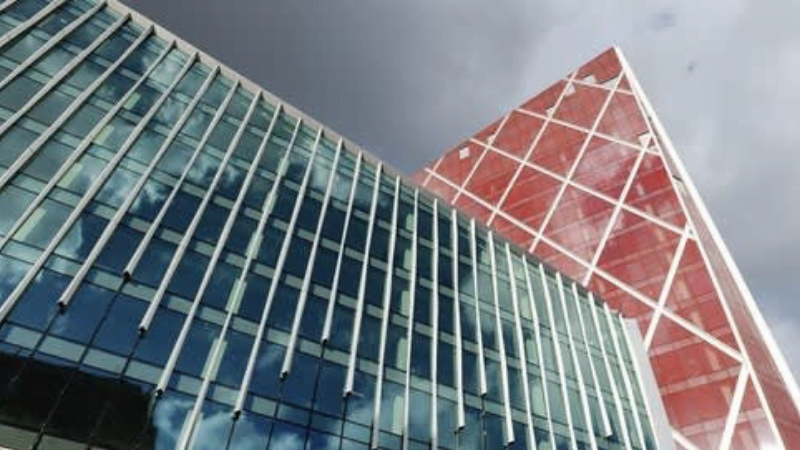Top British security officials have warned that Huawei has failed to fix “serious” issues that could leave civilian security compromised and vulnerable.
Technical Director of the National Cyber Security Centre (NCSC) Ian Levy reported that a number of issues were identified last year that posed a significant threat including “some worrying engineering issues”.
Levy also said that, a year later, there was no credible plan to address the issue and little change had been made.
Speaking at a press briefing, Levy said that Huawei equipment was however subjected to “strict controls” on where and how it was deployed, adding that their technology was not used in any sensitive networks, including those of the government.
He noted that the Chinese tech giants had allocated some money to try and fix the issues flagged last year, but that he could not declare the problems solved until there was clear evidence to confirm that.
Last year, British Telecom started to remove Huawei equipment from its mobile network infrastructures, stating that this was purely related to the 2016 purchase of another network ‘EE’ that used Huawei equipment for its 3G and 4G networks.
The British intelligence services criticised Huawei for its lack of action, but the company also said that it believed the risks could be mitigated.
Chief Executive at the NCSC, Ciaran Martin argued that the UK had the “toughest oversight regime for any country where Huawei operates”. He said the GCHQ had over 15 years of dealing with the Chinese communications company.
This latest statement from the British intelligence services was not well received. Chris Parton, an associate fellow with think tank The Royal United Services Institute said Britain should maintain a similar stance to its Five Eyes intelligence allies including Australia, the US and New Zealand that have banned Huawei’s equipment from their 5G networks, with Canada poised to follow suit.
Veering away from this stance could have serious consequences for Britain’s relationship with its allies, he said. Allowing Huawei’s participation in British telecommunications was “at best naive, at worst irresponsible,” he said.
The Ambassador for Cyber and International Communications at the US State Department, Robert Strayler, then told guests at the Mobile World Congress in Barcelona that the Huawei 5G infrastructure put the US and its allies at risk of Chinese espionage. He called the company “duplicitous and deceitful”.
Huawei has been under close international scrutiny over a spate of legal woes including the arrest of employees for espionage, fraud and IP infringement, as well as a number of countries moving to ban, or severely limit, the company’s activities due to risks posed to national security.
George Soros recently addressed the World Economic Forum in Davos, warning against China using technology to undermine liberal democracies in the west.
The Maltese government announced a number of projects with the Chinese tech giant after being introduced to them by Sai Mizzi, wife of Panama Papers Minister Konrad Mizzi, praised by Joseph Muscat for attracting the company to the country. There has been no comment from the government on the plans by various countries to abandon plans to work with the Chinese company.












